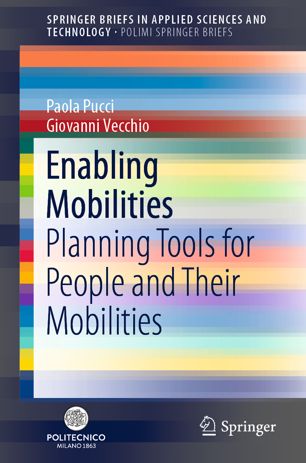

Most ebook files are in PDF format, so you can easily read them using various software such as Foxit Reader or directly on the Google Chrome browser.
Some ebook files are released by publishers in other formats such as .awz, .mobi, .epub, .fb2, etc. You may need to install specific software to read these formats on mobile/PC, such as Calibre.
Please read the tutorial at this link: https://ebookbell.com/faq
We offer FREE conversion to the popular formats you request; however, this may take some time. Therefore, right after payment, please email us, and we will try to provide the service as quickly as possible.
For some exceptional file formats or broken links (if any), please refrain from opening any disputes. Instead, email us first, and we will try to assist within a maximum of 6 hours.
EbookBell Team

0.0
0 reviewsThis book investigates how established transport planning tools can evolve to understand and plan for the ever-changing contemporary mobilities that influence the opportunities available to individuals. It discusses existing techniques, revised in the light of the growing interest in the social implications of transport planning decisions: these include analytical tools to interpret consolidated and emerging phenomena, as well as operational tools to tackle new and existing mobility demands and needs. The book then addresses the implications of everyday mobility for individuals and communities. The result of a continuous exchange between the two authors, it brings together the results of their various research projects. Despite referring to different objects and settings, the work presented is connected by an underlying interest in the impact that mobility has on people in an increasingly mobile world, and the need to include such concerns into mobility planning and policy.